Metal detecting is a hobby that combines the thrill of discovery with the beauty of the great outdoors. However, when it comes to state parks, the rules can be as varied as the treasures hidden beneath the soil.
In this article, we'll explore the ins and outs of using metal detectors in state parks, ensuring that your next adventure is both fun and law-abiding.
The Basics of Metal Detecting in State Parks
Before you head out with your metal detector, it's important to know that not all state parks allow this activity. The permission to use metal detectors in state parks is not a one-size-fits-all situation. Most state parkes do have metal detecting laws as do national parks.
Each park may have its own set of rules, and these can be influenced by state regulations, the presence of historical artifacts, and environmental considerations. Your best bet is to contact park staff or check the park's website for information on metal detecting policies.
Historical Resources and Archaeological Sites
State parks are often home to archaeological sites and historical resources that are protected by law. Metal detecting in these areas can lead to the unintentional destruction of heritage sites.
As such, parks may restrict metal detecting to prevent the loss of historical artifacts. If you're interested in hunting near areas designated for their historical significance, it's crucial to obtain the proper permits and guidance to avoid legal issues and the potential damage to invaluable resources.
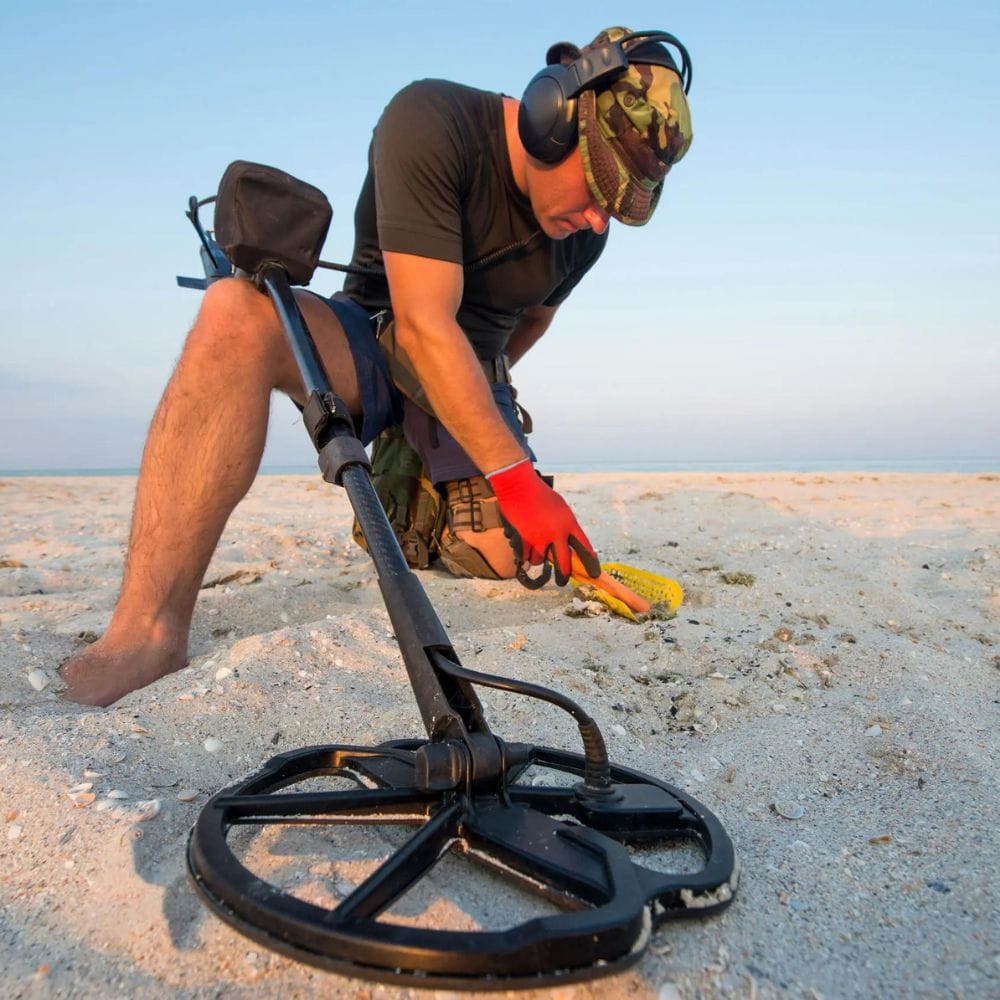
Permits and Regulations
In many cases, you'll need to acquire a permit to use metal detectors in state parks. These permits help park managers maintain control over metal detecting activities and ensure that the land and its resources are not harmed.
The process for obtaining a permit can vary, so it's essential to research the specific requirements for the state park you plan to visit. Permits may outline specific areas where metal detecting is permitted and may also include rules about digging and the removal of any finds.
Designated Areas and Local Laws
When metal detecting is allowed, it's often restricted to specific areas within the park. These designated areas are chosen to minimize the impact on protected wildlife, vegetation, and historical sites.
It's important to familiarize yourself with local laws and park maps to understand where you can legally use your metal detector. Ignoring these guidelines can result in fines or even a ban from the park.
Private Property and Owner's Permission
Some state parks include or border private property. In these instances, you must always obtain the owner's permission before metal detecting. Trespassing on private land can lead to legal consequences, and respecting property boundaries is a fundamental aspect of responsible metal detecting.
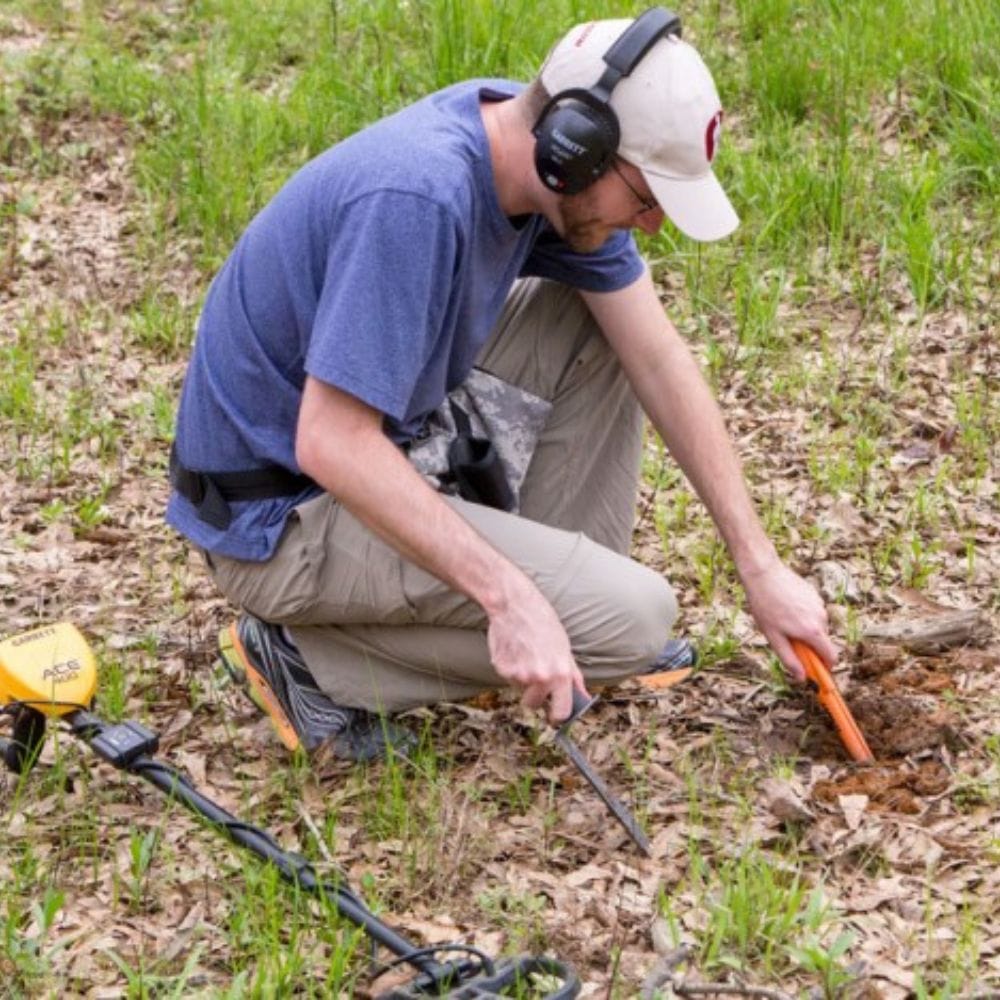
Beaches and the High Tide Line
Beaches within state parks are popular spots for metal detecting, especially around the high tide line where the ocean can uncover hidden treasures. However, these areas are also subject to specific rules.
Some parks may allow metal detecting on the beach while prohibiting it in dunes or other sensitive habitats. Always check for signs or contact park staff to ensure you're in compliance with beach metal detecting regulations.
Protecting the Environment
As a metal detectorist, it's your responsibility to protect the park environment. This means filling in any holes you dig, avoiding damage to trees and plants, and not disturbing wildlife.
Many parks encourage a "leave no trace" philosophy, which includes packing out any trash you may find, even if it's not treasure. By following these practices, you help preserve the park for future visitors and wildlife.
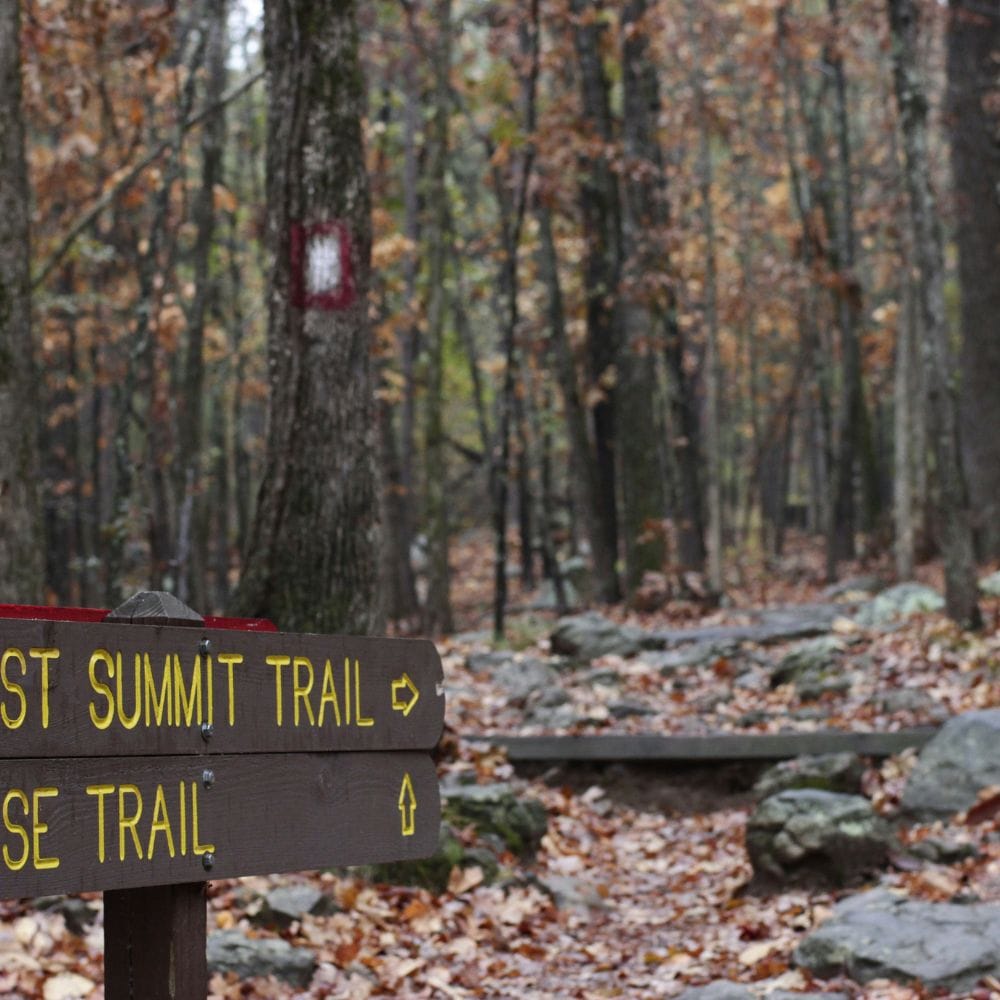
Safety and Etiquette
Safety should always be your top priority when metal detecting. This includes being aware of your surroundings, watching for uneven terrain, and avoiding any areas that may be unsafe due to natural or man-made hazards.
Additionally, practicing good etiquette, such as being considerate of other park visitors and following all park rules, will ensure a positive experience for everyone.
Tools and Equipment
The type of equipment you bring for metal detecting can also be regulated. Some parks may have restrictions on the size of shovels or the use of certain digging tools to prevent damage to the land.
It's important to check these rules before you pack your gear. Additionally, always be prepared to report any significant finds to park authorities, as they may be of historical or archaeological interest.
Research and Preparation
A successful metal detecting trip requires thorough research and preparation. This includes studying the history of the park, understanding the local regulations, and preparing the necessary tools and equipment.
By doing your homework, you'll increase your chances of finding something of interest while ensuring that your metal detecting adventure is both enjoyable and compliant with the rules.
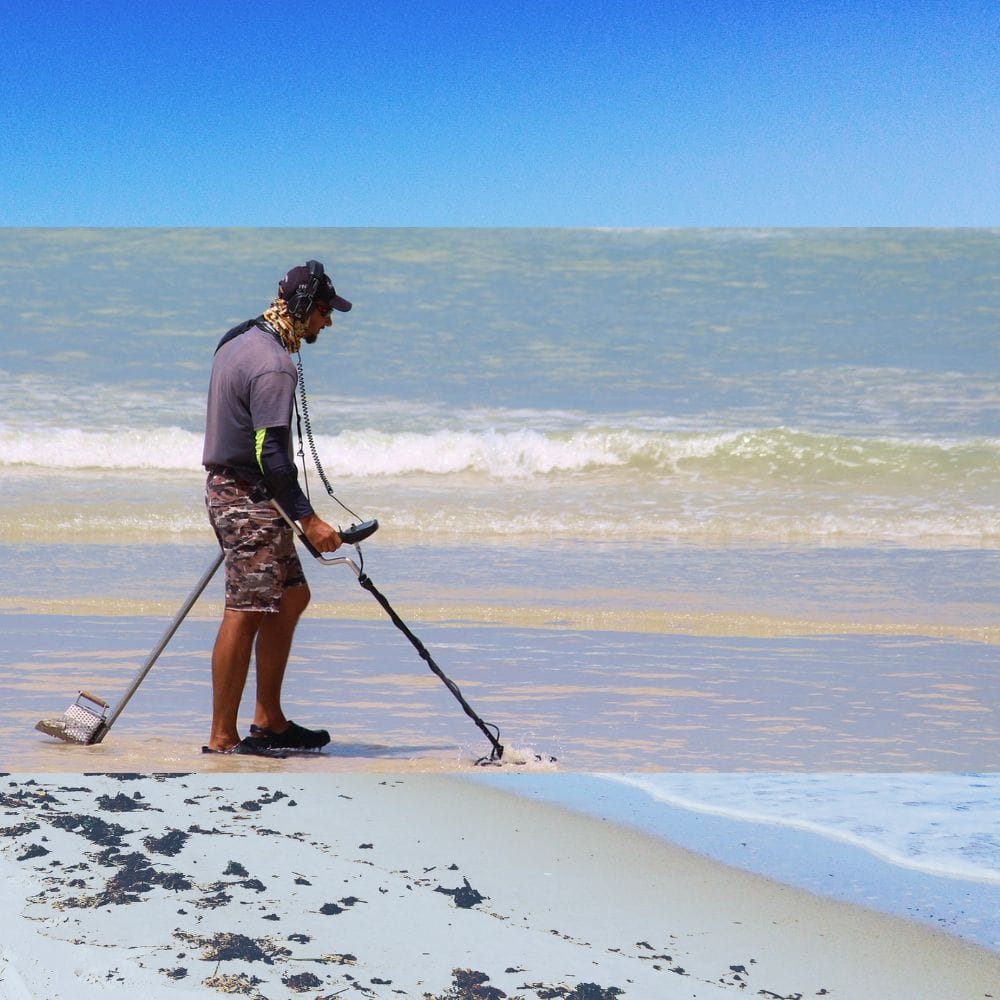
Some Final Thoughts
Metal detecting in state parks can be a rewarding hobby, but it's essential to approach it with respect for the law and the environment. By obtaining the necessary permits, adhering to designated areas, and following park guidelines, you can determine if the said park is open to metal detecting so that you may enjoy your search for hidden treasures without negatively impacting the park's natural and historical resources.
Stuff You Need To Know!
Here at TopRatedStuff.com the outdoors is our home. We offer comprehensive reviews on all outdoor gear, sporting goods, and many other top rated products. If you’re a Camper/Backpacker/Fisherman, we’ve got you covered!
If you’re into Tennis/Golf/Pickleball, we’ve got everything you need including informative tutorials and informational articles. Maybe you’re a Prospector/Miner? We’ve got all the gear you need to get started and many great articles that will help you succeed!
We read through countless reviews online and only talk about the best rated top selling products so you can skip all the research and purchase whatever it is you’re looking for, quickly and efficiently!
Thanks Again for checking out our site and we hope you come back and visit us for any of your purchases! Natures gym is always open! Find your Zen outside!
FAQ's
Q: Can you metal detect anywhere in a state park? A: No, metal detecting is often restricted to specific areas within a state park. Always check with the park manager or contact park staff for the most accurate information on where metal detecting is permitted.
Q: Do you need a permit to metal detect in state parks? A: In many cases, yes. The requirement for permits varies by park, so it's important to research the specific regulations of the state park you plan to visit.
Q: What should you do if you find historical artifacts while metal detecting? A: If you uncover historical artifacts, you should report your find to park authorities. Removing historical artifacts without permission is illegal and can result in fines or other penalties.


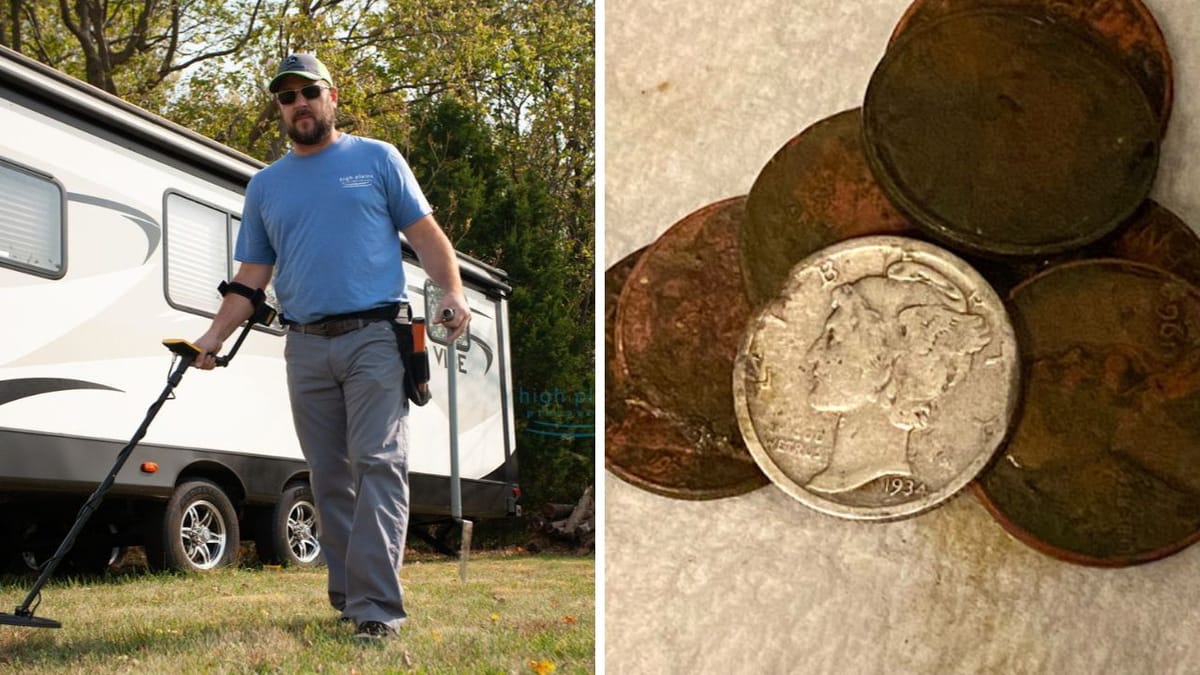







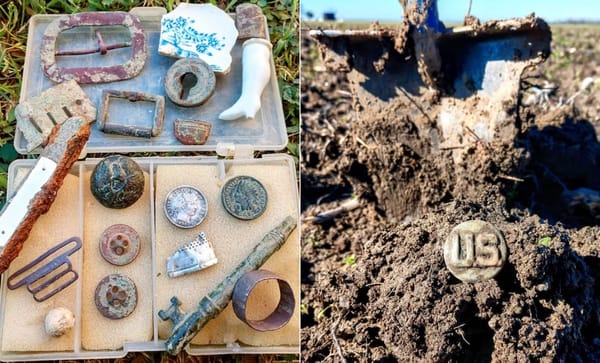
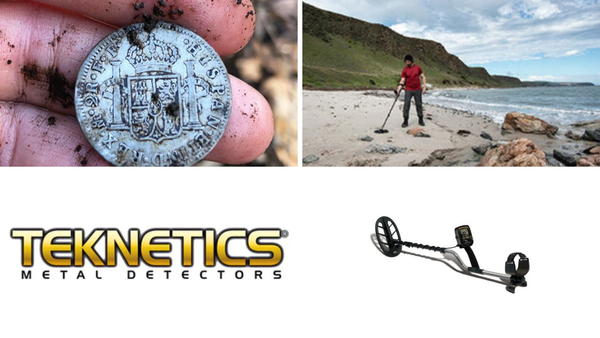
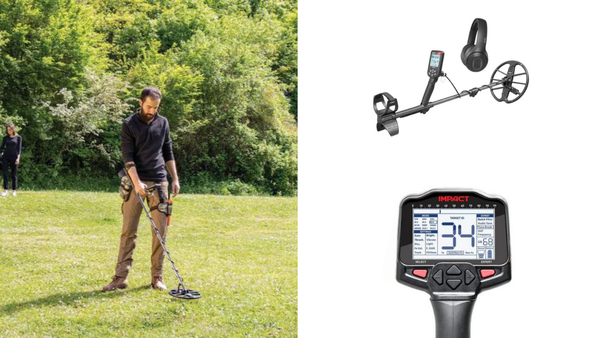
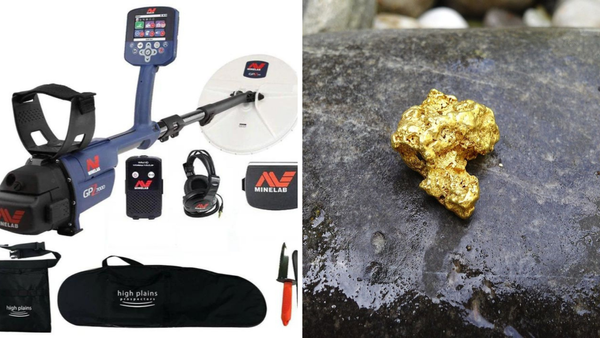
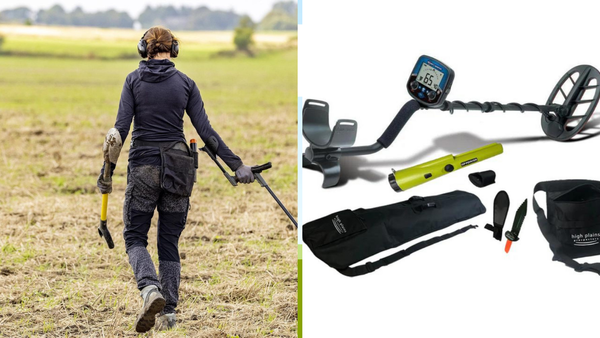
Member discussion